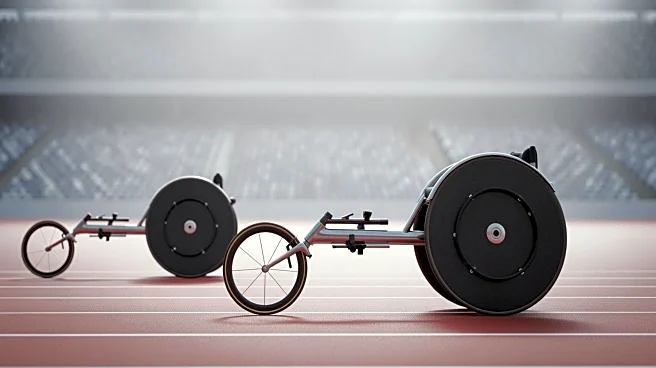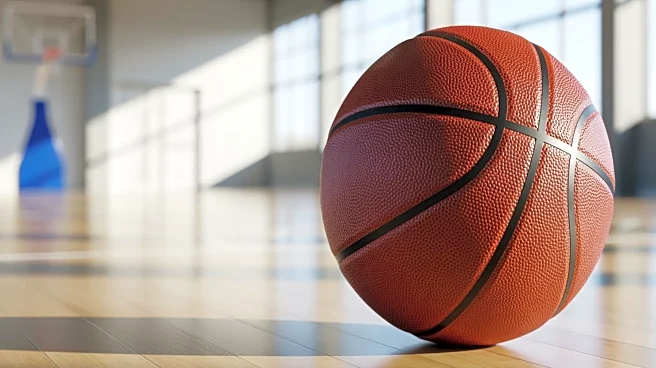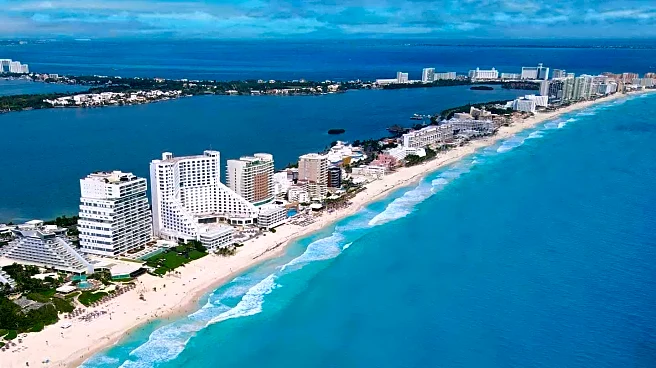What's Happening?
The International Paralympic Committee (IPC) has confirmed that no athletes from Russia and Belarus will qualify for the 2026 Milan-Cortina Paralympics. Despite the IPC's decision to lift partial suspensions
on these countries, governing bodies of various sports have maintained bans, effectively preventing athletes from these nations from participating in qualification events. The International Ski and Snowboard Federation, International Biathlon Union, and World Curling are among the organizations upholding these restrictions. While Russia is allowed to compete in Para ice hockey, the World Para Ice Hockey organization has indicated that it is not feasible for the nation to qualify for the upcoming Games.
Why It's Important?
The exclusion of Russian and Belarusian athletes from the Milan Paralympics highlights ongoing geopolitical tensions and the impact of international sanctions on sports. This decision reflects the broader consequences of Russia's invasion of Ukraine, which has led to widespread bans on Russian participation in global sporting events. The IPC's stance underscores the role of sports organizations in enforcing international norms and responding to political conflicts. The absence of these athletes from the Paralympics could affect the competitive landscape of the Games and may influence future diplomatic relations and sports policies.
What's Next?
As the Milan-Cortina Paralympics approach, the IPC and other sports organizations will continue to navigate the complexities of international sports governance amid geopolitical tensions. The situation may prompt further discussions on the role of sports in diplomacy and conflict resolution. Additionally, the decision could lead to increased scrutiny of the IPC's policies and the criteria for athlete eligibility in future events. Stakeholders, including athletes, governments, and sports bodies, may engage in dialogue to address the implications of such exclusions and explore pathways for reconciliation and inclusion.









